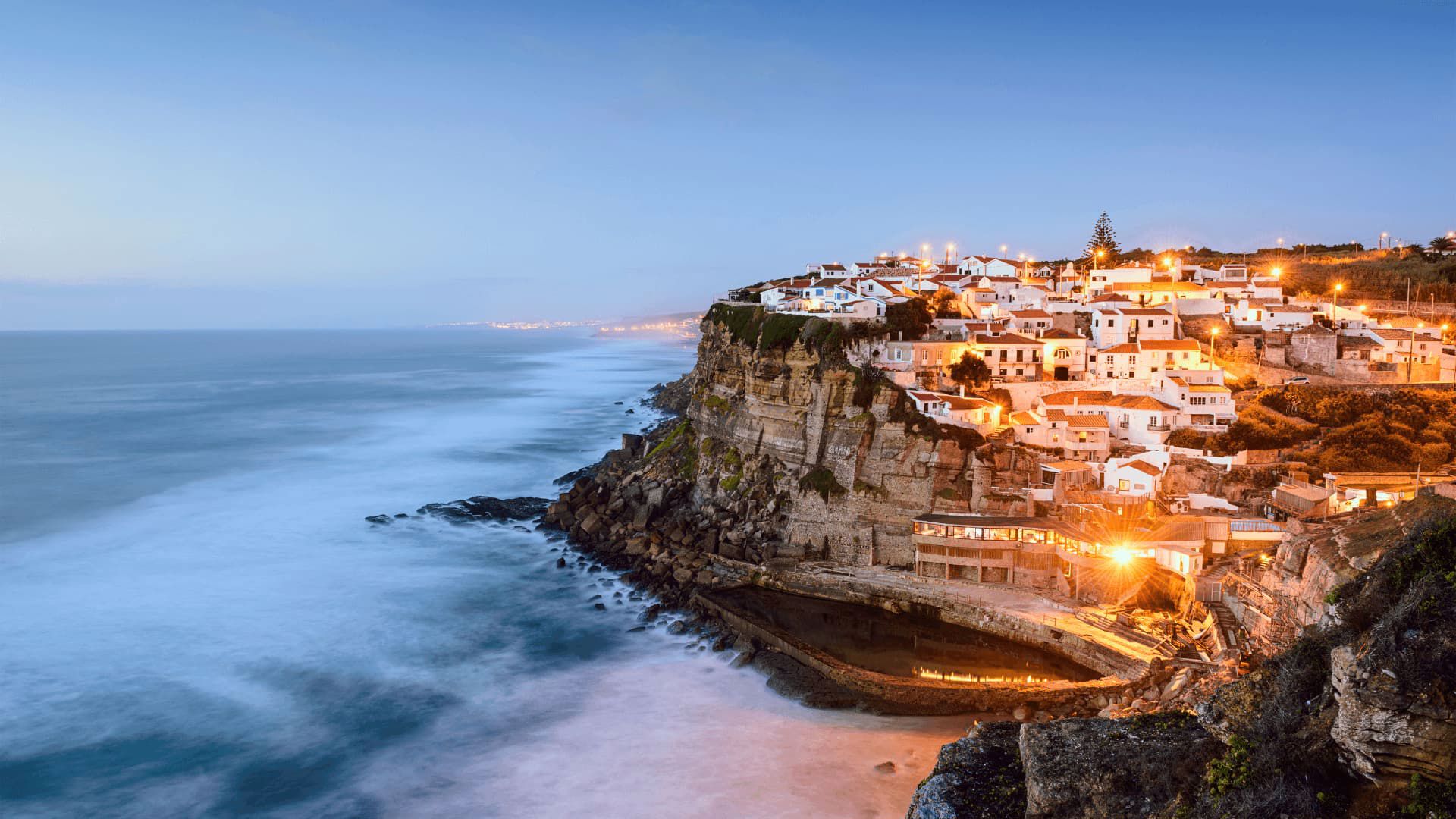The number of British people interested in living or investing in Portugal continues to rise, according to the Portuguese Chamber of Commerce in the United Kingdom, which has now extended events on this topic to Scotland and Ireland.
The growing number of requests for information from Scots led the Chamber of Commerce to schedule an event in Edinburgh for the first time on 21 November, after repeating it in Dublin in April.
Since 2018, more than 10,000 people have attended the Chamber of Commerce's Move to Portugal events and seminars, where they can meet with estate agents and developers, tax consultants, solicitors, financial institutions and other specialists.
The increase in property prices in Portugal has not diminished British interest because "it continues to represent good value for money" and good profit prospects compared to other European countries.
After the Algarve, Lisbon and Porto are the British favourite destinations to live or invest, and not just to spend their holidays.
Since the UK departed from the European Union in 2020, a process known as “Brexit”, many British citizens have moved to Portugal to take advantage of the tax benefits available to non-habitual residents and holders of different work visas.
Christina Hippisley confirms that there is a growing desire to buy a home to live in Portugal, but that the advantages offered by “gold” visas are "just an added benefit".
Residence Permits for Investment Activity (known as “gold” visas) allow holders to reside and work in Portugal, travel within the Schengen Area without a visa, benefit from family reunification and apply for Portuguese nationality after five years if they meet certain conditions.
The United Kingdom was the second largest source of tourists in 2024 (3.5 million), according to the National Statistics Institute, and the fourth largest immigrant community (around 58,000 inhabitants) in Portugal, according to the Agency for Integration, Migration and Asylum (AIMA).
The Chamber of Commerce estimates that a further 30,000 British nationals own property or spend part of the year in the country.




